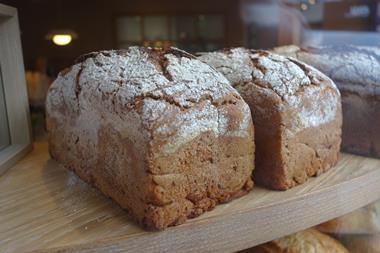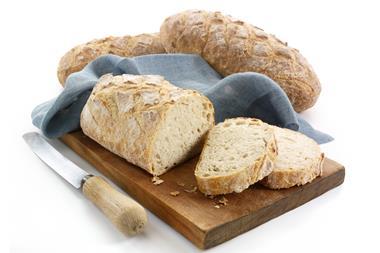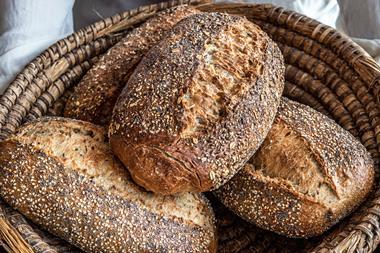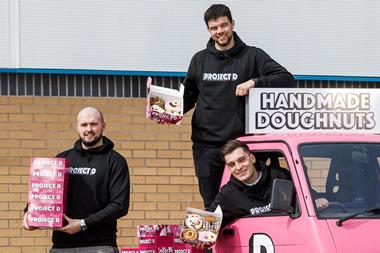It has added a premium cachet to products for decades, but producers of goods labelled as using ‘Belgian chocolate’ could be dealt a blow by proposed EU country-of-origin labelling (COOL) regulations.
Products with ingredients of specified origin chocolate, such as Swiss and Belgian chocolate, would have to carry the source of the cocoa beans.
In practice, this could signal the end of terms like ‘Belgian chocolate’, which is generally blended using beans from many sources, as they would have to be qualified with unwieldy statements of the origins of the beans on pack.
The wheels were set in motion to change the way country origins are labelled following a European Parliament (EP) Environment Committee vote on 19 April, which would make life hellish for cake manufacturers specifying Swiss or Belgian chocolate on labels.
The issue’s slow transit through European bureaucracy means we will have to wait until a final decision is made by the European Council in the autumn. If it goes ahead, the Food & Drink Federation (FDF) says the proposal is unworkable and admits that, while lobbying continues in the hope of urging the European Council to consider labelling of products on a case-by-case basis, the signs are “ominous”.
“As it stands, all chocolate products, including coatings for biscuits and chocolate chips in biscuits, if labelled as being of specific origin, will need to comply with the COOL provisions,” says Martin Turton, manager of the Biscuit, Cake, Chocolate & Confectionery sector group at the FDF. “This proposal breaks customary practice of many years whereby the term Belgian or Swiss as applied to chocolate is understood to refer to the place of production. Applying COOL to ingredients of chocolate is unworkable as they are sourced globally.”
Simon Harris, of Belgian chocolate supplier Barry Callebaut, says the proposals would be a “nightmare” because its main brands use a blend of beans from more than one country of origin. “That will make a very interesting problem because most of [the chocolate used in bakery products] is blended. Just about every other chocolate manufacturer does as well, otherwise it would be called a ‘pure origin’ chocolate and labelled as such. There is a very good argument for blends on the basis that you are refining the taste to a preferred flavour as opposed to taking what you can get.”
Mike Woods, MD of nut-free cake producer Just Love Food Company, which uses Belgian chocolate in several products, said the proposed legislation was a step too far.
“Consumers definitely prefer products made with Belgian chocolate over those labelled just ‘chocolate’. They want to know that the chocolate has been blended by a Belgian chocolatier, not where every single ingredient has come from. That level of detail is just not relevant. More labelling is likely to put people off and make things confusing.”



































No comments yet